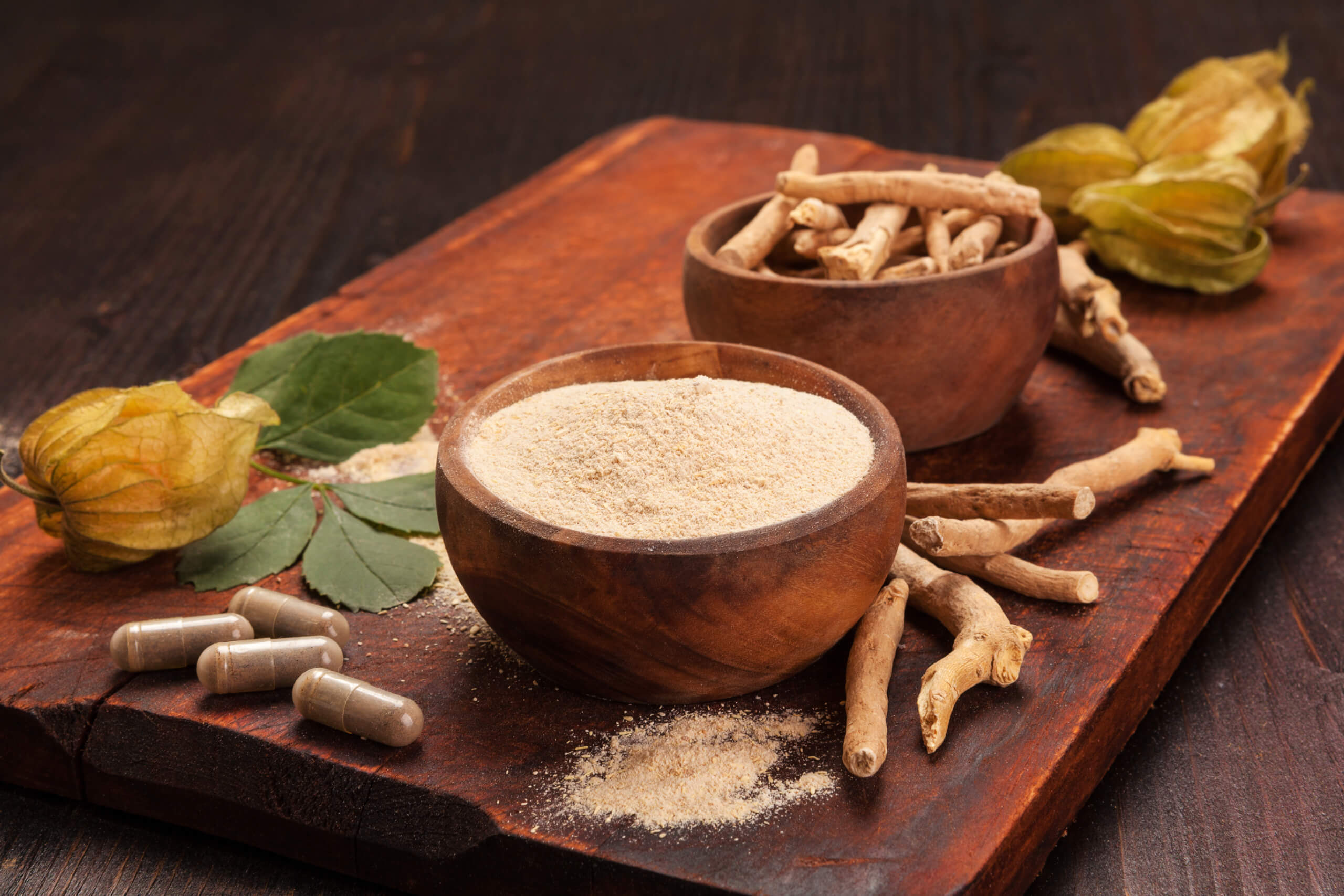Understanding Caffeine: The Basics and Beyond
Caffeine, often hailed as an athletic elixir, is more than just a wake-up call in a cup. It’s a central nervous system stimulant found in various natural sources like coffee beans, tea leaves, and cocoa beans. This section delves into the science behind caffeine, shedding light on how it invigorates the body and mind. Athletes across disciplines have turned to caffeine to gain that extra edge in performance, but understanding its mechanism is key to harnessing its power responsibly and effectively.
Caffeine Sources: Exploring Beyond Coffee
When we think of caffeine, coffee often comes to mind first. However, caffeine is not exclusive to coffee. It’s present in a myriad of sources such as tea, energy drinks, certain sodas, and even in some foods like dark chocolate. This variety offers athletes a range of options to incorporate caffeine into their diets. The diversity in caffeine sources also means that it can cater to different taste preferences and dietary requirements, making it a versatile ally in any athlete’s toolkit.
The Impact of Caffeine on Energy Levels
One of the most sought-after effects of caffeine in sports is its ability to boost energy levels. This section explores how caffeine acts as a stimulant, increasing alertness and reducing the perception of effort during exercise. This can be particularly beneficial in endurance sports, where sustained energy output is crucial. However, it’s important to balance this with the understanding that caffeine affects individuals differently, and finding the right dosage is key to maximizing benefits while minimizing potential side effects.
Caffeine and Endurance: A Dynamic Duo
Caffeine’s role in enhancing endurance is not just anecdotal; it’s backed by scientific research. This section examines how caffeine helps athletes push their limits in endurance sports by delaying fatigue and improving overall performance. It does this by influencing the way the body uses fat and carbohydrates for energy, making energy reserves last longer. For endurance athletes, this could mean the difference between hitting a wall and breaking through it.
Reaction Time and Caffeine: Sharpening the Edge
In sports where every millisecond counts, caffeine’s ability to sharpen reaction times can be a game-changer. This section looks into how caffeine enhances cognitive functions like alertness, concentration, and reaction time. Such improvements are not only beneficial in sports requiring quick reflexes but also in strategic decision-making during competitions.
Optimal Caffeine Dosage for Athletes
Finding the right amount of caffeine can be a delicate balance. This part of the article focuses on recommended dosages and how athletes can determine their optimal caffeine intake. It’s important to consider factors like body weight, caffeine sensitivity, and the type of sport. Overconsumption can lead to negative effects, so this section also emphasizes the importance of starting with lower doses and gradually adjusting as needed.
Caffeine in Strength and Power Sports: Enhancing Performance
Caffeine’s role extends beyond endurance sports, making significant strides in strength and power disciplines. This segment explores how caffeine can enhance performance in sports requiring short bursts of strength or power. Studies have shown that caffeine can improve muscle contraction, increase force production, and reduce perceived exertion, making it a valuable asset for athletes in disciplines like weightlifting, sprinting, and high-intensity interval training (HIIT).
Caffeine’s Role in Team Sports: Strategy and Stamina
In team sports, where coordination, stamina, and quick decision-making are crucial, caffeine can play a pivotal role. This section details how caffeine helps athletes maintain focus during prolonged matches, improve their decision-making speed, and sustain high-intensity efforts throughout the game. From soccer to basketball, caffeine can provide that extra vigor needed to stay sharp and responsive, especially in the crucial closing minutes of a game.
The Risks of Caffeine Overuse: A Cautionary Tale
While the benefits of caffeine are numerous, this part of the article addresses the potential risks associated with excessive caffeine intake. Side effects like jitteriness, heart palpitations, and sleep disturbances can not only impair athletic performance but also affect overall well-being. This section serves as a reminder to athletes to respect caffeine’s potency and to use it judiciously.
Caffeine Sensitivity: Individual Responses Matter
The effects of caffeine are not uniform across all individuals. This section discusses the concept of caffeine sensitivity, how genetic factors influence the way our bodies process caffeine, and why some athletes might experience more pronounced effects than others. Understanding one’s personal reaction to caffeine is essential for optimizing its use in an athletic context.
Natural Alternatives to Caffeine: Exploring Other Options
For athletes looking for alternatives to caffeine or those who are sensitive to its effects, this part of the article explores natural ways to boost energy and focus. It discusses options like adaptogens, herbal teas, and certain superfoods that can provide sustained energy without the potential side effects of caffeine.
Caffeine in Training Regimes: Integrating for Maximum Benefit
Incorporating caffeine into training regimes requires careful consideration. This section guides athletes on how to effectively integrate caffeine into their training schedules. It discusses how to use caffeine during different phases of training, such as pre-workout for an energy boost or post-workout for recovery enhancement. The importance of not becoming overly reliant on caffeine and maintaining its effectiveness through strategic use is also emphasized.
Caffeine and Recovery: Understanding the Balance
Recovery is as crucial as active training for athletes. This part of the article explores the role of caffeine in recovery processes. It highlights the potential benefits and drawbacks of caffeine consumption post-exercise, including its impact on muscle recovery and sleep quality. Athletes will learn how to strike a balance between leveraging caffeine for recovery advantages and avoiding its interference with restorative processes.
Real-Life Success Stories: Athletes and Caffeine
This segment features case studies and testimonials from athletes who have successfully integrated caffeine into their training and competition routines. These real-life examples provide insights into how different athletes utilize caffeine to enhance their performance, offering readers relatable and practical perspectives.
Caffeine in Olympic Sports: A Deeper Dive
The use of caffeine in high-level competitions, particularly the Olympics, offers a fascinating glimpse into its strategic importance. This section delves into how Olympic athletes use caffeine, adhering to legal and ethical guidelines, to improve their performance. It also discusses the historical perspective of caffeine in Olympic sports, including its status on the World Anti-Doping Agency’s list.
Limitlesss: The Athlete’s Choice for Caffeine Supplementation
Introducing ‘Limitlesss,’ a dietary supplement designed to meet the caffeine needs of athletes. This part of the article highlights the unique benefits of ‘Limitlesss,’ how it compares to other caffeine sources, and why it’s a preferred choice for athletes looking for a controlled and effective caffeine intake. The link to ‘Limitlesss’ here provides readers with direct access to the product.
FAQs on Caffeine and Athletic Performance
This section addresses common questions and concerns about caffeine use in sports. It covers a range of topics, from managing caffeine tolerance to understanding its legal status in competitive sports. These FAQs aim to demystify caffeine’s role in athletics and provide readers with clear, concise information.
Conclusion: The Verdict on Caffeine in Sports
To conclude, this article synthesizes the key points discussed, emphasizing the strategic role of caffeine in enhancing athletic performance while also acknowledging its potential risks. It leaves readers with a balanced view of how caffeine, when used responsibly, can be a powerful tool in an athlete’s arsenal.
Related Posts
29/12/2024
Alpha GPC: Unlocking Better Brain Performance
Alpha-Glycerylphosphorylcholine, commonly known as Alpha GPC, is a natural choline compound found in the brain. It's…
17/12/2024
The Power of N-Acetyl L-Tyrosine for Mental Clarity and Focus
Are you struggling to stay focused during demanding tasks or feeling mentally drained after a long day? N-Acetyl…
05/12/2024
The Future of Nootropics: Trends and Innovations in Cognitive Enhancement
In today’s fast-paced world, the desire to stay mentally sharp, focused, and productive has driven a surge in interest…
23/11/2024
Ashwagandha (KSM-66): Stress and Cognitive Benefits
Ashwagandha, a revered herb in Ayurvedic medicine, is known for its ability to reduce stress and enhance mental…
11/11/2024
What Are Nootropics and How Can They Boost Your Brain Power?
Nootropics, sometimes referred to as "smart drugs" or "brain boosters," have recently taken the wellness world by…
30/10/2024
How to Combat Brain Fog with Supplements and Lifestyle Changes?
Brain fog is a term that describes a state of mental confusion or lack of clarity. You might find it hard to focus,…
18/10/2024
The Top Nootropics for Reducing Stress and Anxiety
In today’s fast-paced world, many people struggle with stress and anxiety. Nootropics, also known as cognitive…
06/10/2024
Alpha GPC For Athletes – What You Need To Know
When it comes to boosting athletic performance, most athletes focus on physical training, nutrition, and perhaps some…
24/09/2024
Natural Ways to Improve Focus and Concentration
Maintaining focus and concentration in today’s fast-paced world can be challenging. Fortunately, there are several…










